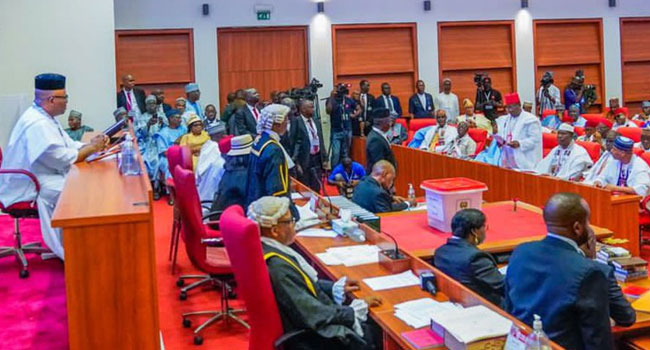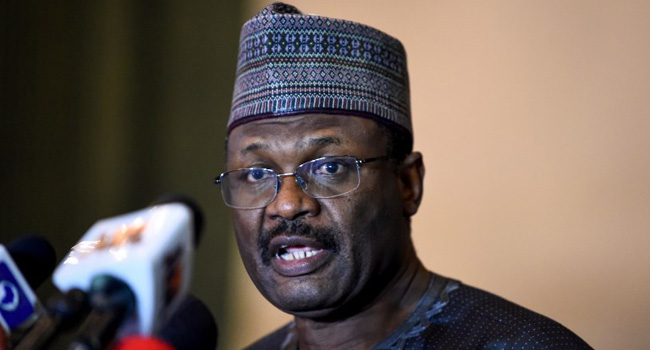Tinubu asks senate to confirm Cardoso, CBN deputy governors as chair, members of MPC
President Bola Tinubu has asked the senate to confirm Olayemi Cardoso, governor of the Central Bank of Nigeria (CBN), as chair of the monetary policy committee (MPC). The president also named Mohammed Sani Abdullahi, Bala Bello, Emem Usoro, and Philip Ikeazor, deputy governors of the apex bank, as members of the committee. Tinubu’s request, […]
















